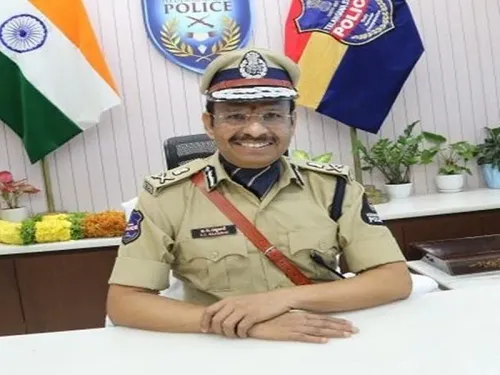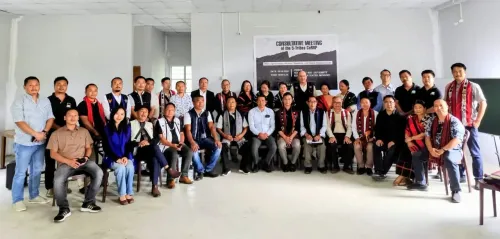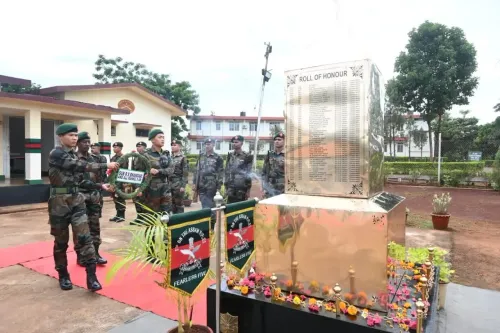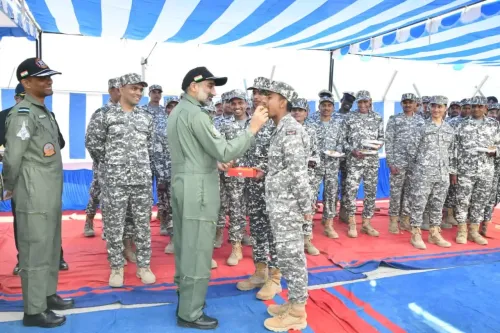What Happened in the Odisha Self-Immolation Case?
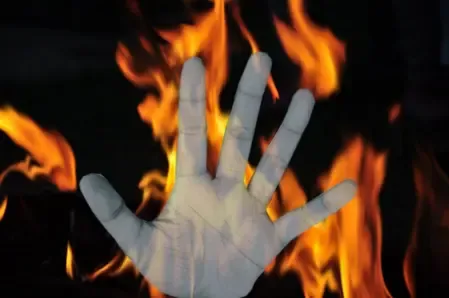
Synopsis
Key Takeaways
- Student safety in educational institutions must be prioritized.
- Robust mechanisms for addressing harassment complaints are essential.
- The need for accountability from college authorities is critical.
- Immediate action against perpetrators of sexual harassment can save lives.
- Support systems for victims must be strengthened.
Bhubaneswar, July 15 (NationPress) A 20-year-old female student from Fakir Mohan Autonomous College in Balasore, Odisha, who was receiving treatment at AIIMS Bhubaneswar following her attempt at self-immolation due to alleged sexual harassment by Assistant Professor Samir Kumar Sahu, tragically succumbed to her injuries on Monday night.
A medical bulletin from the Department of Burns and Plastic Surgery indicated that the student was admitted to the ICU of AIIMS on July 12 at 5:15 p.m. after being referred from Balasore District Headquarters Hospital. She was accompanied by her friend, Jyoti Rekha Bhuyan.
Upon her arrival, the severely burnt student underwent resuscitation with intravenous fluids and antibiotics, was intubated, and placed on mechanical ventilation. Despite receiving comprehensive treatment, including renal replacement therapy and advanced life-support measures, her condition worsened, and she was declared clinically dead at 11:46 p.m. on July 14.
It is crucial to note that the victim, a B.Ed student, set herself on fire by pouring petrol over herself in front of the principal's office on Saturday in protest against the alleged sexual harassment by the Head of her department, Samir Kumar Sahu.
With over 90% of her body suffering from burn injuries, she was initially rushed to Balasore Medical College but was later transferred to AIIMS Bhubaneswar for specialized care.
Before her act of self-immolation, the student had organized a sit-in protest on campus, demanding accountability for the actions of HoD Sahu, as no measures had been taken against him despite her formal complaint.
She expressed her distress over the inaction from college authorities regarding her complaint against Sahu.
Following the incident, Sahu was promptly arrested by the Sahadevkhunta Police, facing charges under various sections of the Bharatiya Nyaya Sanhita, including 108 (abetment to suicide) and 75(1)(iii) (sexual harassment).
On Monday, authorities also took into custody Dillip Kumar Ghose, the Principal of FM Autonomous College, in connection with the case.

